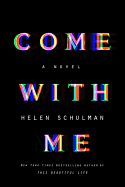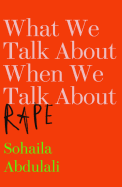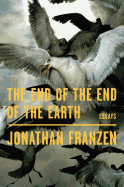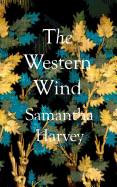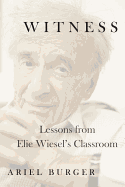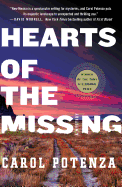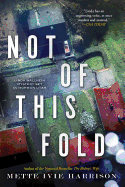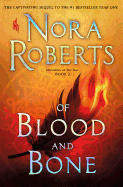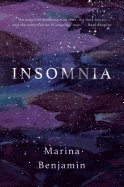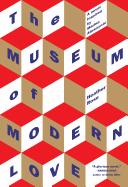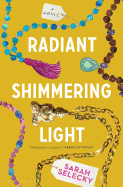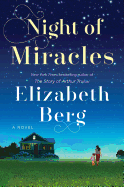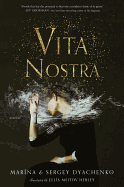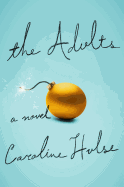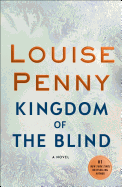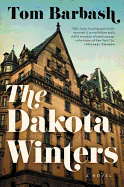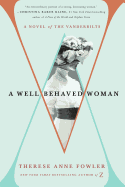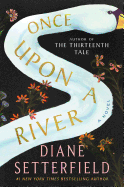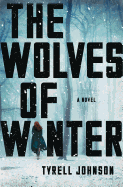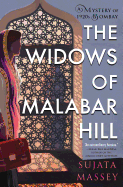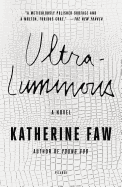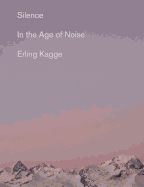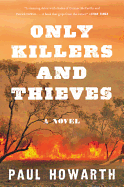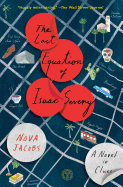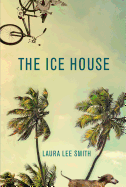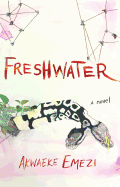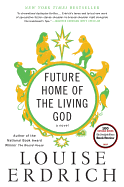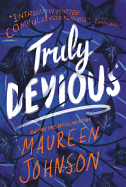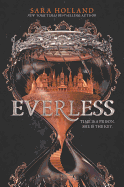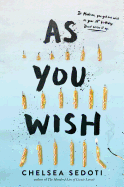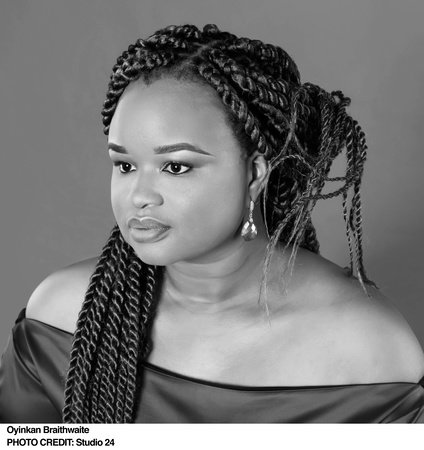 Booksellers across the country have chosen My Sister, the Serial Killer, the debut novel by Oyinkan Braithwaite (Doubleday), as their number-one pick for the December 2018 Indie Next List.
Booksellers across the country have chosen My Sister, the Serial Killer, the debut novel by Oyinkan Braithwaite (Doubleday), as their number-one pick for the December 2018 Indie Next List.
Humble, plain nurse Korede worries about her beautiful, sociopathic sister, Ayoola, who has already killed three of her boyfriends so far. But despite her misgivings and because she loves her, Korede helps Ayoola clean up her messes and cover up her crimes. However, when Korede's crush at work, a kind, handsome doctor, asks her for Ayoola's phone number, she must decide how far she is willing to go to protect her destructive sister.
Braithwaite is a graduate of creative writing and law from Kingston University in London and has worked as an assistant editor at Kachifo, a Nigerian publishing house, and as a production manager at Ajapaworld, a children's educational and entertainment company. Now living in Lagos, Nigeria, Braithwaite works as a freelance writer and editor. In 2014, she was shortlisted in the Eko Poetry Slam, and was chosen as a finalist in 2016 for the Commonwealth Short Story Prize.
Here, Braithwaite discusses the inspiration for her debut novel and what it was like writing a book set in her home country of Nigeria.
How did you feel when you learned that My Sister, the Serial Killer was booksellers' number-one pick on the December Indie Next List?
It was an honor to be the number-one pick for the Indie Next List! I was really, really moved by that. The whole thing has been very surprising. I mean, I do have faith in my writing, but there were so many things that I didn't even pray for--I just wanted to be published. I wasn't asking for very much, so I'm honored and pleased at the way the booksellers have received the book. So far, I feel like they've been my greatest champions. I'm really, really grateful.
How did you come up with the idea for this book?
I think it was about 2007 or around that time when I first came across the idea of the black widow spider, and I was just so fascinated with it. When they mate with the male, if they happen to be hungry afterward, they might eat them. I thought that was hilarious. I think that's kind of when the idea started to take root in my mind.
It's been a long time since I googled "black widow spider," but if I remember correctly, I don't think they always eat the male, so it's just if they're hungry and the male, unfortunately, is still hanging about. The females are bigger, and I suppose they are the superior creatures, so it's not that hard to do.
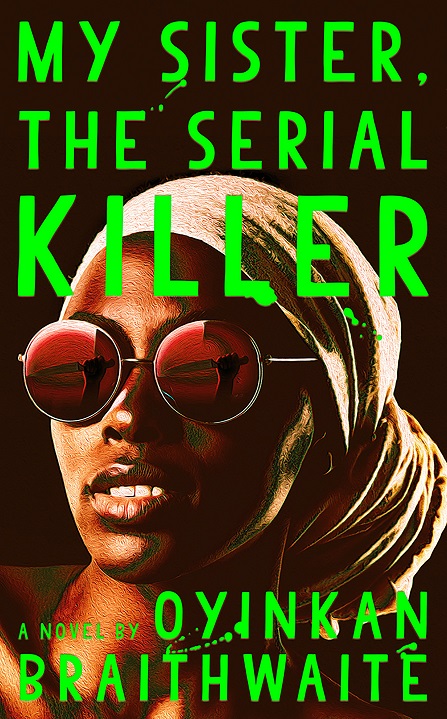 One of the book's themes is the seductiveness of beauty and the ease of being charmed by it. Have these topics always interested you and have you written about them before?
One of the book's themes is the seductiveness of beauty and the ease of being charmed by it. Have these topics always interested you and have you written about them before?
Yes, I have. I was thinking about how people perceive beauty and how people treat those who are beautiful. That's something that I have always noticed as I've grown up. The more beautiful we are, I think, the easier things are for us, especially for women. With the way the world is, we compare ourselves to other women, beauty is constantly being flogged in front of us. When I was younger, I noticed the kind of attention I got and the way that attention reduced with age or maybe if I put on weight--I could see the changes, I could feel the changes in the way that not just men, but women, would treat me. When people around you say, oh, you're so pretty, you'll notice if for a long time nobody says anything like that to you because you have been trained to desire that sort of attention.
Of late, there has been hashtag going viral, #KupeBoys, and again it's the same idea. They are four guys who put a video on Instagram of them dancing casually to an African song. It wasn't like they had elaborate choreography or that their dancing was the best; they were just casually bopping around, and they went viral because all four of them were attractive. And it's ridiculous now because I hear they are going on tour and are doing meet and greets. Even the guy who wrote the song that allowed them to go viral hasn't gone international, but they have, just because they are attractive--that's it. They're not selling anything else. I really do think that as a people we can be really shallow and our relationship with beauty is very warped.
Why did you choose to write in the short chapter format?
I think there were a couple of reasons. One, it's actually how I wrote the novel--it didn't happen during editing, it's something that happened in the first draft. Each chapter was written in isolation so I wasn't writing in one document. Each chapter was a different Word document and it helped me not worry about the overall piece but focus on the chapter I was doing right then and there. So that's exactly how I wrote it, with the chapter headings and all of that. Also, I don't have a lot of patience as a writer, so short works better for me.
I'd written a lot of short stories prior to this, and a lot of poems. This is actually not the first novel I've written; I've written some that are longer than this one, I just haven't done anything with them. I don't know if I plan to go back to any of those at some point. One of them is a fantasy and it's all over the place, so even thinking about going back to it, I know it's going to require so much editing that I'm afraid to even delve into it.
In My Sister, the Serial Killer, was your goal in part to demonstrate the tension between sisterly rivalry and sisterly love but in the most extreme of circumstances?
I kind of got lucky there. I didn't overthink the relationship with the sisters. I'm the oldest sibling--there are two girls and a boy after me--so I didn't have to plan that so much. It just happened naturally, where I could empathize with Korede's plight to some extent. The extremeness of it came from the fact that I watch a lot of anime, and the writers play with some very extreme plots and extreme characters. I think that's what gave me the boldness to do it in the way that I did, even though I have done a similar story before.
And I didn't take myself too seriously when I was writing it, so that helped. I wasn't trying to write a literary novel, that wasn't my goal, so I was able to have fun with it and not stress too much about what the end result might look like.
Is Ayoola a sociopath or not? How about Korede?
Yes, I do think Ayoola is a sociopath. She kills people because she can. I think she does it because she has gotten away with it, and I think Ayoola is used to having her way. And it's this whole thing of this superiority that she's taken for granted--that the world is her oyster, and everything is going her way. I don't think consequence is something she thinks too deeply about. Also, aside from the fact that she's beautiful, that sense of doing what she wants and getting away with it comes naturally for her because their father was also that sort of human being who didn't really think about how what he did affected the people around him.
As for Korede, I don't really know what Korede is, but I don't think she's a sociopath. She is always going to know that there's a line and [by covering up for Ayoola] she has crossed it, but I don't think Ayoola even knows where the line exists.
What was it like to write a book set in Nigeria, to describe the world you live in and put it on the page?
There is still so much I don't know about the country, so writing set in Nigeria has always been a little tough for me. When people my age were learning Nigerian history, I was learning British history because I wasn't living here. Now it's a bit better, but at some point there was still a lot I was figuring out about navigating here. I have always been conscious that I might not represent Nigeria truly, that I might not do it the way it was meant to be done. And also, the majority of the Nigerian literature that I've been exposed to, I know I don't write like that, that's not how I sound and that's not how I write, so I was a little bit concerned about how Nigerians would receive the novel. And again, because it's a novel that is so weird, I wasn't sure how that kind of weirdness would work, but it did work out! I'm surprised about that, because I wasn't sure going into it.
That's actually something that has happened to me at different points in my life where I realized it's really all in the mind. I've come across a lot of black writers who say they started out writing white characters, and I did that as well, and then at some point I made a conscious decision to stop. Then it got to a point where I'm like ok, I'm writing black but I'm not writing Nigerian--why do these stories have to exist outside Nigeria for me? And so I made a decision to stop that, too. And then even with social media, I had to tell myself it doesn't make sense to write a contemporary novel and not include social media. So sometimes I've had to force myself to do things that take me out of my comfort zone that I'm not used to doing, but once you get past that roadblock you usually realize that it didn't even exist.
A Q&A With Oyinkan Braithwaite, Author of December's #1 Indie Next List Pick




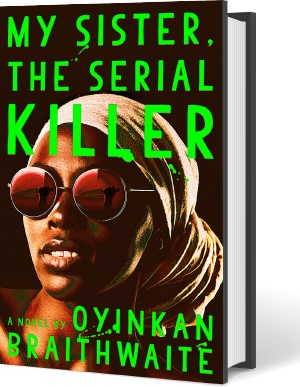
 Booksellers across the country have chosen My Sister, the Serial Killer, the debut novel by Oyinkan Braithwaite (Doubleday), as their number-one pick for the December 2018 Indie Next List.
Booksellers across the country have chosen My Sister, the Serial Killer, the debut novel by Oyinkan Braithwaite (Doubleday), as their number-one pick for the December 2018 Indie Next List. One of the book's themes is the seductiveness of beauty and the ease of being charmed by it. Have these topics always interested you and have you written about them before?
One of the book's themes is the seductiveness of beauty and the ease of being charmed by it. Have these topics always interested you and have you written about them before?